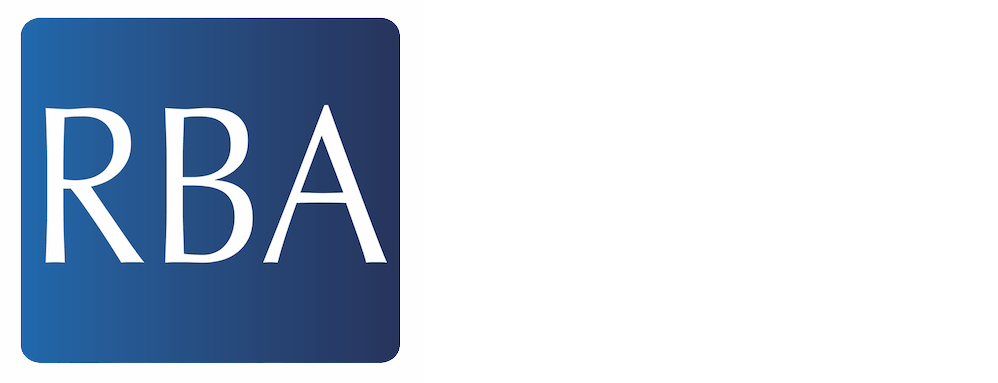



// WHAT IS THE PROGRAM ABOUT?
Rwanda Academy of Finance is a vocational training institute that aims at providing high quality training curricula for the different staff levels in the banking sector. There are 3 programs: RAF 1 for employees’ level, RAF 2 for middle management level and RAF 3 will be for senior management level. The RAF certificates will be required in Rwanda banking industry for employment purposes, as the sector grows professionally to cope with regional and international standards and demands.
Every RAF program consists of 3 phases:
- A training curriculum per level in accordance with international standards and the organization of the production of on-site courses.These courses will be given by well-trained professionals.
- An e-learning platform containing texts and exercises adapted to the Rwanda situation. This e-learning blends with the already mentioned on-site courses.
- The organization of yearly examinations on location, including written modules, monitored by international experts and organised by an independent examination board and leading to the delivery of high standard professional certificates per curriculum level by the Rwanda Academy of Finance, managed and controlled by the various players in the financial sector in Rwanda, including the Central Bank.
// LATEST UPDATES
//
WHO CAN
PARTICIPATE ?
Participants are required to have obtained minimum a bachelors’ degree. Last year’s students for an academic bachelor’s degree in economy, business management and/ or accountancy are also welcome provided they present a recommendation from their Faculty board.
The access to the exam is limited to those trainees who have participated with a minimum of 90% of the course days’ attendance. Banks commit to enable their personnel to support their training by exempting them during the training period from travelling and evening tasks for professional purposes.
// Modules of the RAF 1 Program
The RAF 1 program consists of the followings modules:
// Modules of the RAF 2 Program
The RAF 2 program consists of the followings modules:
WHY SUBSCRIBE?

Own Competence
The RAF receives support from international training organisations with a strong reputation to set up curricula that meet the needs of the Rwanda banking sector. But it does not seek recognition of its competence based upon the reputation of the international training provider. The strength of the RAF will come from its own competence, quality provided, transparency and sustainable high level.

Reputable evaluation Board
The reputation of the certificates supplied by the RAF is essential and is based upon the transparency and high standard level of the examination board. The latter must be able to work independently, in collaboration with international experts whose demands align with the content of the e-Learning curricula provided by the RAF.

Skilful local trainers
The RAF structures the curricula through a training of trainers’ process provided by involved international training organisations. The main key element of success has therefore been that we have been able to find the necessary skilful local trainers, who followed the courses and acquired the competence and who contribute actively to the translation of international methodologies to local Rwandese situations and cases. Their willingness to continuously update the modules is the guarantee to success.

Commitment to train employees
The success of this initiative lies also in the willingness of the financial sector to send their employees to the F2F courses, to participate in the e-Learning programs, to attend the yearly exams and to keep financial professions updated.





